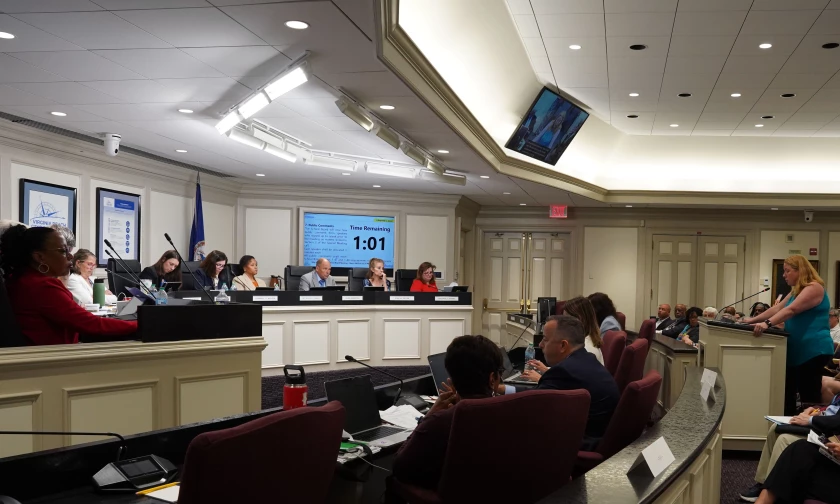
Amidst a devastating drought, the governments of Zimbabwe and Namibia have proposed a plan to kill scores of elephants in order to feed starving members of the population—a seemingly controversial decision, but the best decision.
While it goes against instinct to support killing an endangered species like African elephants, the alternative is starvation. The sheer extent of the historic drought alone justifies the difficult decision to kill endangered elephants.
Entire African communities have had their crops completely destroyed by the drought and simply lack the means to get more food. In fact, nearly 84% of Namibian food resources have been exhausted, according to the United Nations.
Thus, while it seems like killing endangered elephants is ethically wrong, the lack of sufficient humanitarian aid leaves culling as the only viable solution.
The drought’s effects are expected to cause hundreds of elephants to die regardless, so it’s only practical to make their deaths meaningful by distributing the meat to starving communities. Letting elephants slowly die from the effects of the drought only incurs more suffering on the animals.
The Zimbabwe government has approved killing 200 elephants, with each elephant providing enough meat to feed 100 people for an entire month, according to science.org.
It is important to note, however, that elephants are not the only animals expected to be culled, as the Namibian government has also green-lit the culling of 300 zebras, 100 elands, 60 buffalos, 50 impalas and 30 hippos. All of these animals—including 83 elephants—will be taken from Namibian national parks.
These national parks are currently above their carrying capacity for elephants
For example, the Hwange National Park, located in Zimbabwe, has more than 45,000 elephants but can only sustain 15,000, according to Tinashe Farawo the Zimbabwe National Parks and Wildlife Management Authority spokesperson.
This means the ecosystem’s resources are already stretched thin, not including the effects of the drought. Therefore, an ecosystem already fighting for scarce resources could benefit from a small decline in the elephant population.
Furthermore, it should be the responsibility of national parks in the first place to maintain healthy biodiversity, even when it comes to excessive numbers of elephants.
Despite this, many conservationists and animal rights organizations like People for the Ethical Treatment of Animals, still have concerns about the killing of an endangered species and maintain doubts that the food from elephants will not help solve the root issue.
These concerns are understandable, but they are rather trivial considering the situation.
People are starving, and in an ideal world, people should not have to kill endangered elephants to survive, but that is reality. Humanitarian issues should take precedence over animal issues. Yes, the culling strategy is not sustainable, which is why culling should be the exception and not necessarily the rule for dealing with food insecurity.
Maximizing humanitarian aid to regions in need is crucial to help people suffering from this environmental crisis. There are trustworthy organizations such as the United Nations International Children’s Emergency Fund (UNICEF) for Southern Africa, that specialize in helping African children by establishing clean water sources, improving nutrition and much more.
While Virginia Beach is geographically far from Africa, the community can still make an impact through altruistic efforts toward organizations like UNICEF.











